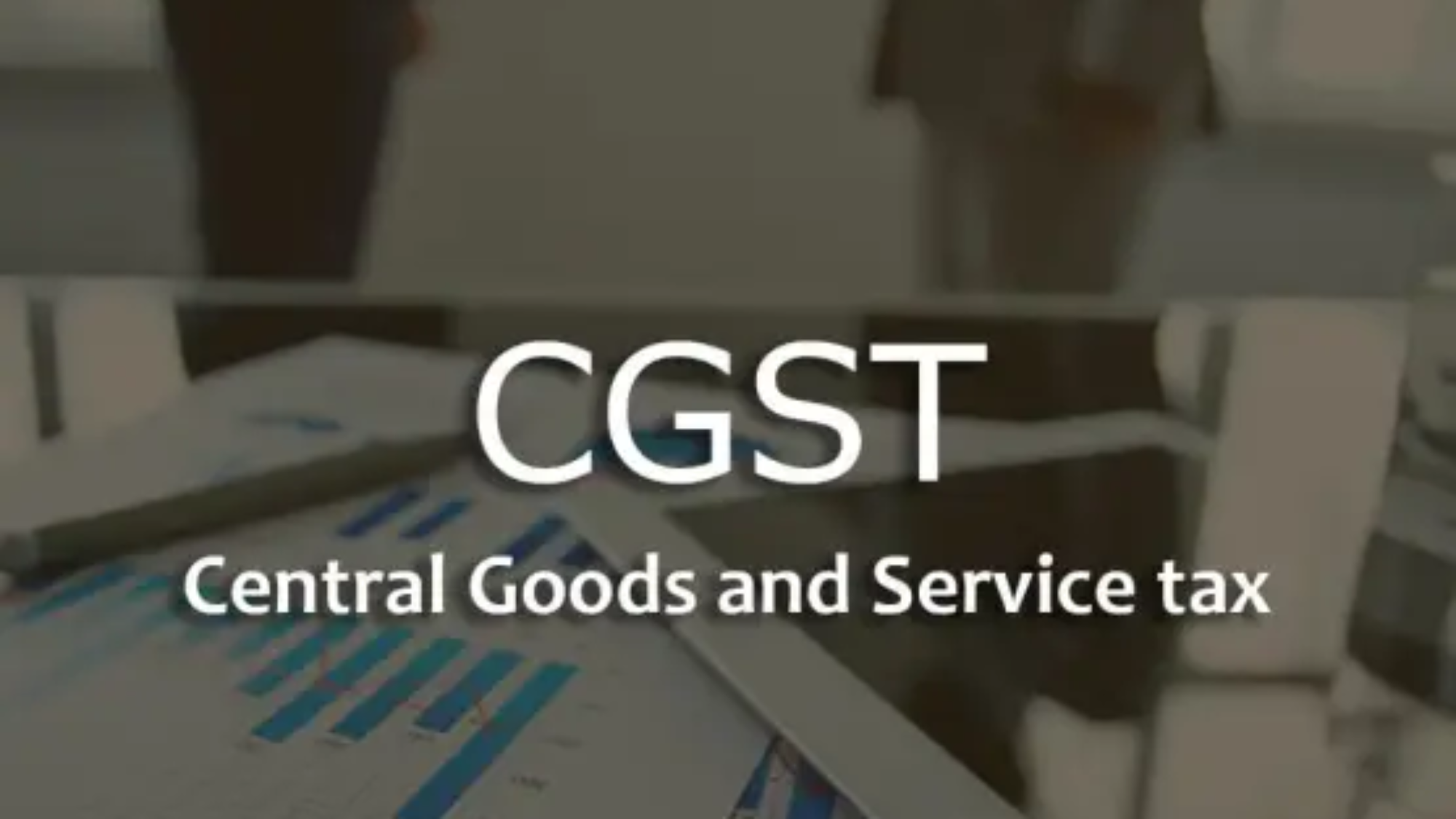The CGST Act introduced Rule 86B via GST Notification number 94/2020 on December 22, 2020, with enforcement beginning January 1, 2021. The rule targets fraudulent invoicing and tax evasion by restricting the use of Input Tax Credit (ITC) in the electronic credit ledger to offset output tax liability.
Summary:
Applicability: Rule 86B applies to registered businesses under the GST regime if their taxable supplies (excluding exempt and zero-rated supplies) exceed Rs. 50 lakh in a month. Monthly assessment of taxable turnover is crucial to determine applicability.
Restrictions: Businesses under Rule 86B cannot utilize ITC beyond 99% of their total output tax liability. Essentially, businesses with monthly taxable turnover over Rs. 50 lakh must pay at least 1% of their output tax liability in cash, limiting the use of accumulated ITC.
Objectives: Rule 86B aims to discourage fake invoicing for illegitimate ITC claims. By mandating a minimum cash payment for output tax liability, the government seeks to deter the creation of fictitious invoices to inflate ITC and evade taxes.
Exceptions: Exceptions include businesses paying high income tax, those receiving significant refunds, and those who have paid output tax in excess of 1% cumulatively. Additionally, statutory bodies like government departments and public sector undertakings are exempt. The Commissioner or authorized officials can waive restrictions at their discretion.
Impact: Rule 86B primarily affects large businesses with substantial turnovers, while smaller ones with monthly taxable turnover below Rs. 50 lakh are unaffected. Though it may increase cash outflow for some large businesses, it enhances tax system transparency and integrity.
Conclusion: Rule 86B represents a significant stride against tax evasion, fostering fairness in the tax environment. Businesses need to understand its applicability, restrictions, and exceptions for compliance and to avoid penalties. Consulting tax experts can provide detailed insights into Rule 86B’s implications.


Add a Comment